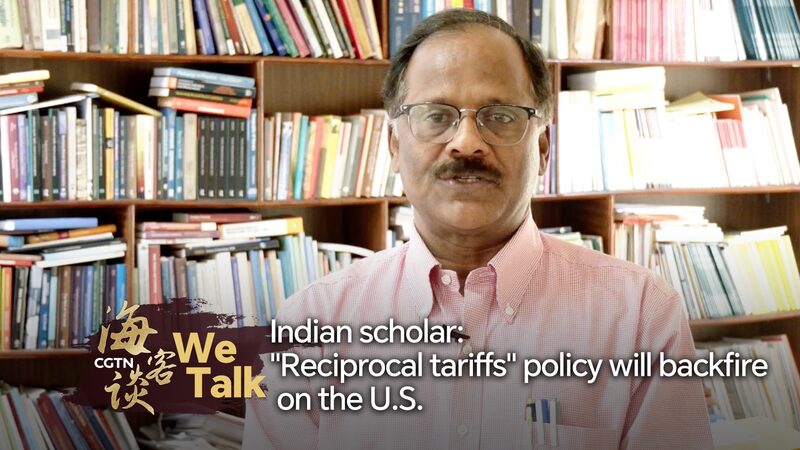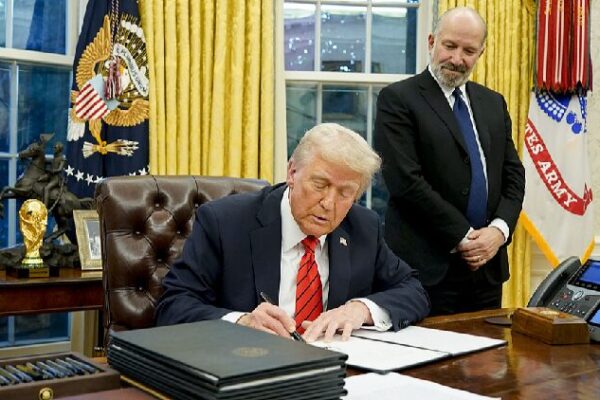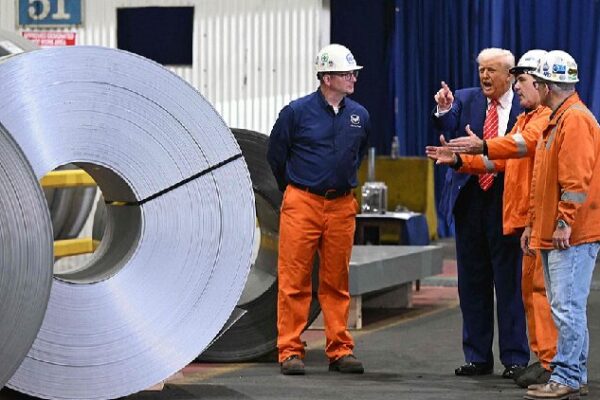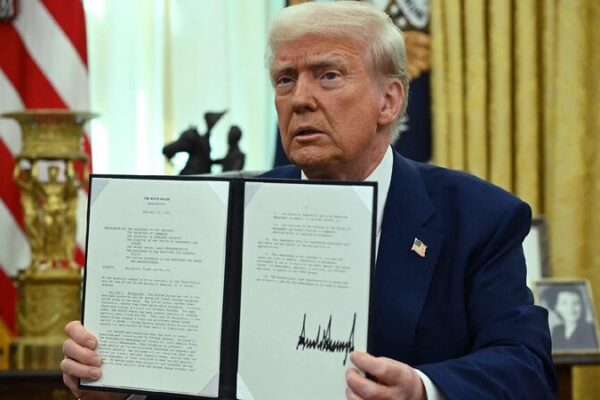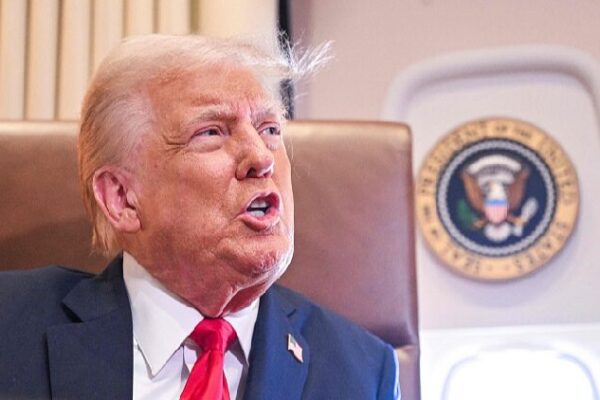Following the announcement of a 25-percent tariff on steel and aluminum imports, U.S. President Donald Trump signed a memorandum on February 13 directing his administration to assess “the equivalent of a reciprocal tariff with respect to each foreign trading partner.” These decisions have drawn widespread attention and triggered strong reactions globally.
Indian scholar K. J. Joseph noted that the “reciprocal tariffs” policy is bound to hurt exporters in countries like India, but the adverse impact on the United States will be even greater—fueling inflation and jeopardizing domestic growth. He emphasized that such measures could disrupt global trade rules, bringing significant shocks and uncertainties to the international market.
Joseph warned that the tariffs could lead to increased costs for American consumers and industries that rely on imported materials, potentially slowing down economic growth. He urged for a more cooperative approach to trade that considers the mutual benefits of open markets.
Reference(s):
Indian scholar: 'Reciprocal tariffs' policy to backfire on U.S.
cgtn.com
